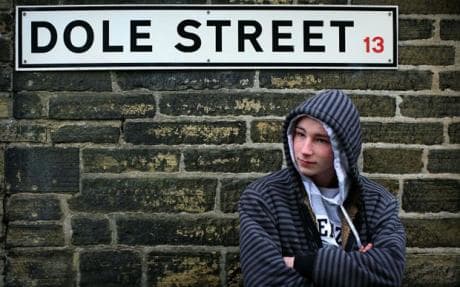How are needs and eligibility assessed in the modern welfare system?
Apart from refugees, only people who are habitually resident in the UK can get assistance.
People can only receive assistance with social care or housing fom the Local Authority they have a connection to, much as in the time of the workhouse when people had to return to the parish of their birth.

Income:
In order to qualify for full welfare assistance applicants must have savings or assets of under £16,000. Some benefits, like Child Benefit, Disability Living Allowance, Carer's Allowance, and Maternity Allowance are not means tested and can be claimed by anyone who is eligible.
Need:
For help with care needs such as washing and mobility, people have to show that they are unable to manage in two or more areas e.g personal hygiene, caring for children or maintaining relationships. This must have a significant impact on their wellbeing. To receive most welfare benefits they must show that their income is insufficient. For assistance with housing they must show they are homeless and are 'more vulnerable than the ordinary person'.
Cause:
People can only receive help under the Care Act (2014) if they have a physical or mental health impairment or illness, not caused by 'other circumstantial' factors. People can only receive unemployment benefits if they can show that they are either unable to work due to sickness or are actively seeking work. Help with homelessness is only given by the Local Authority if people are considered to be unintentionally homeless.
Reflection: Does the divide between deserving and undeserving poor still exist?

